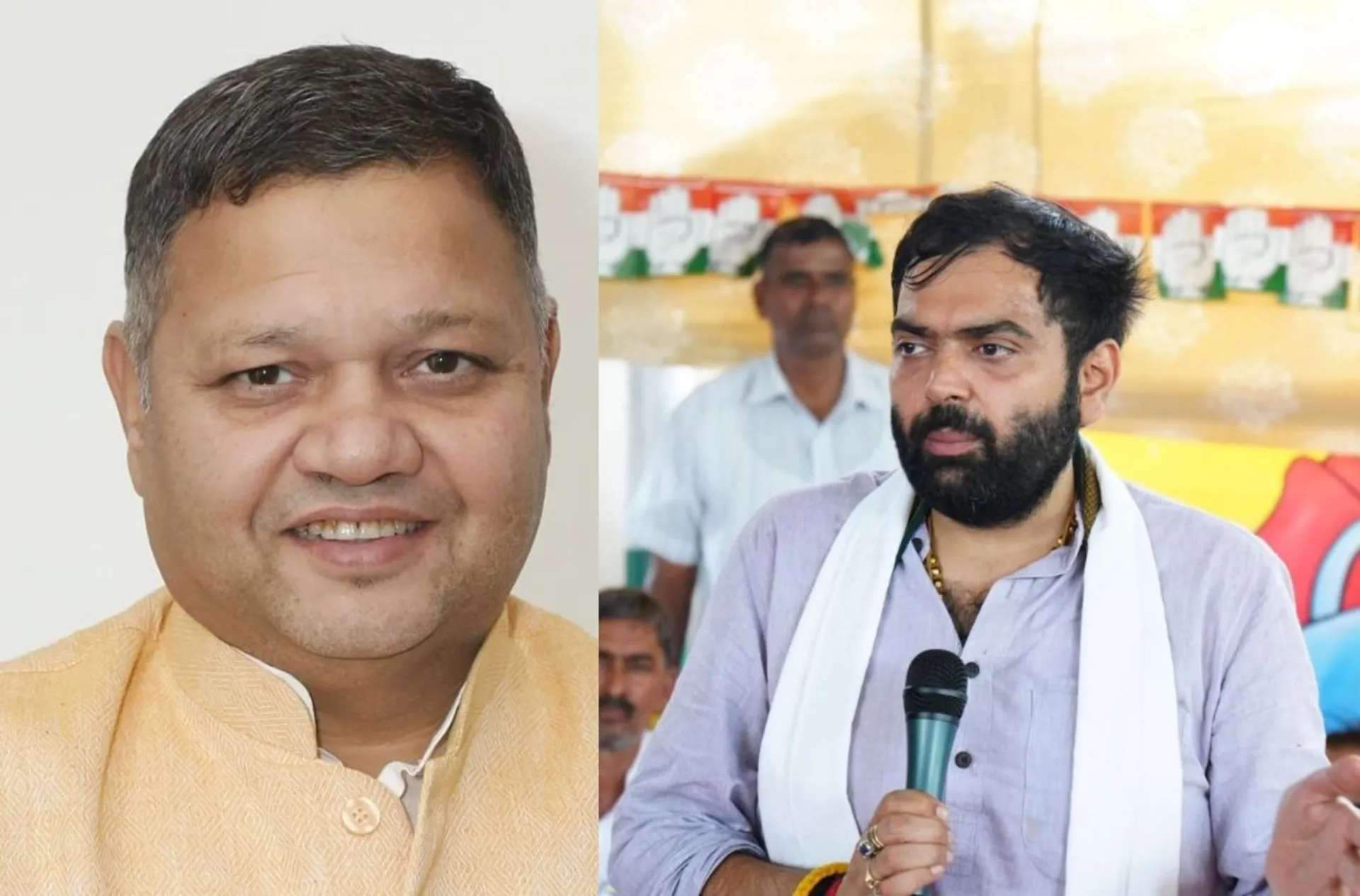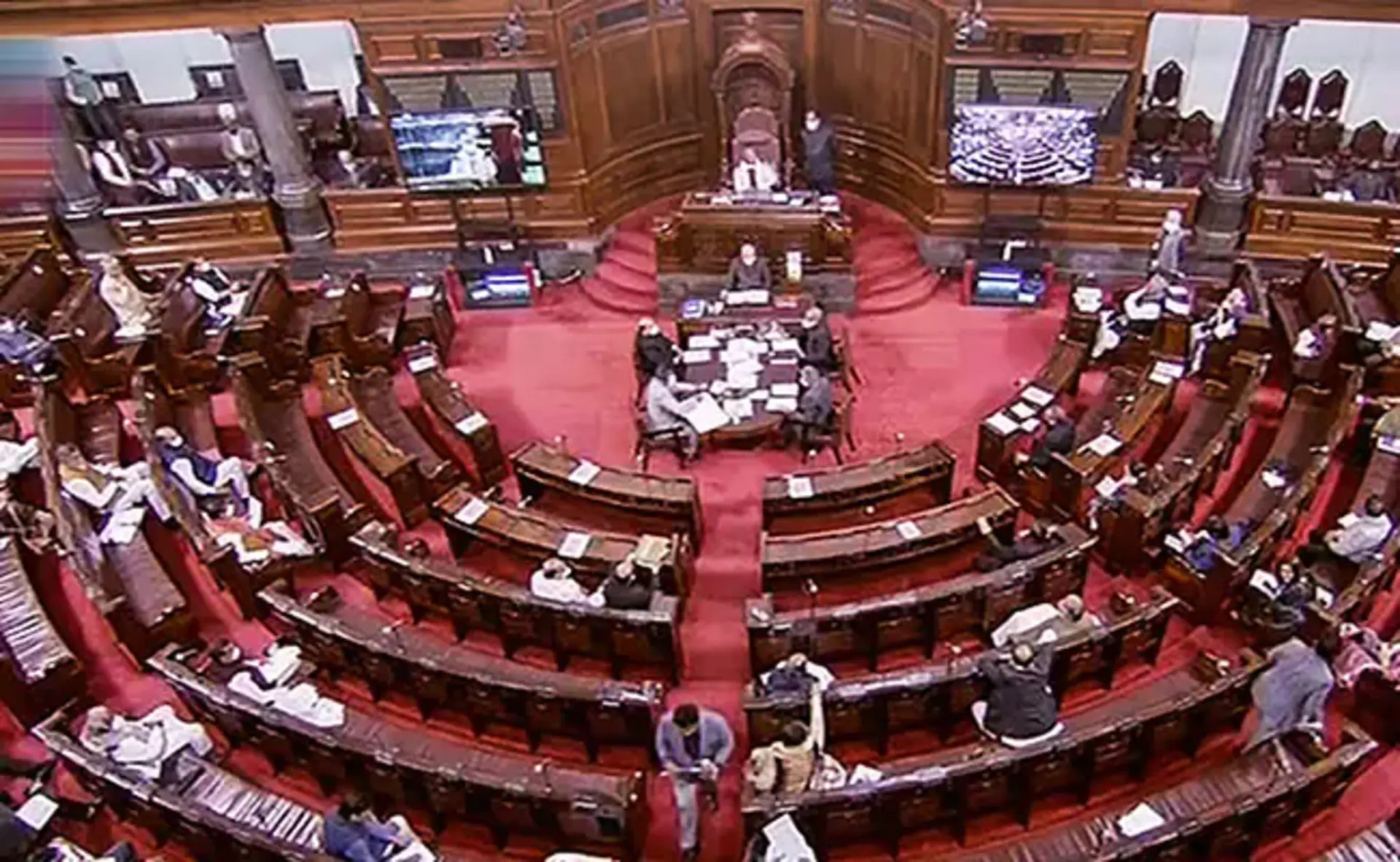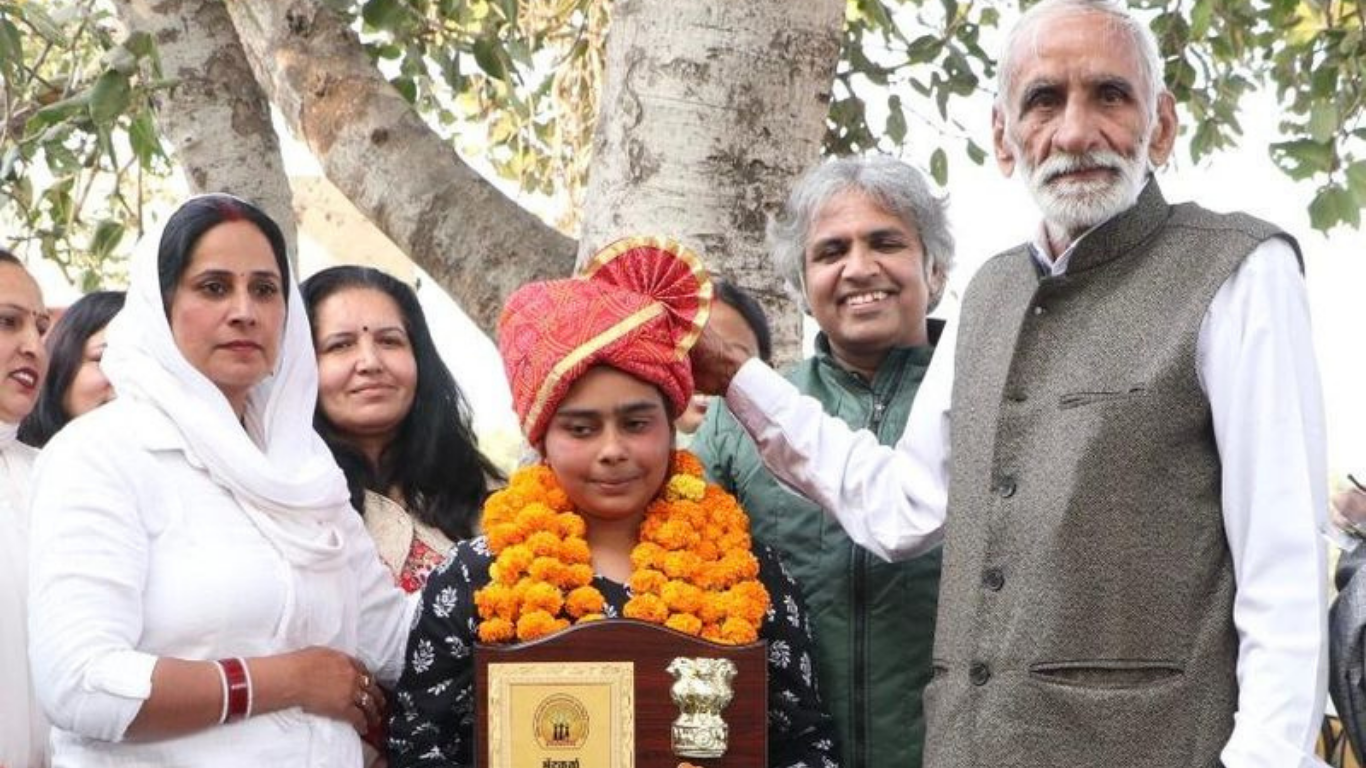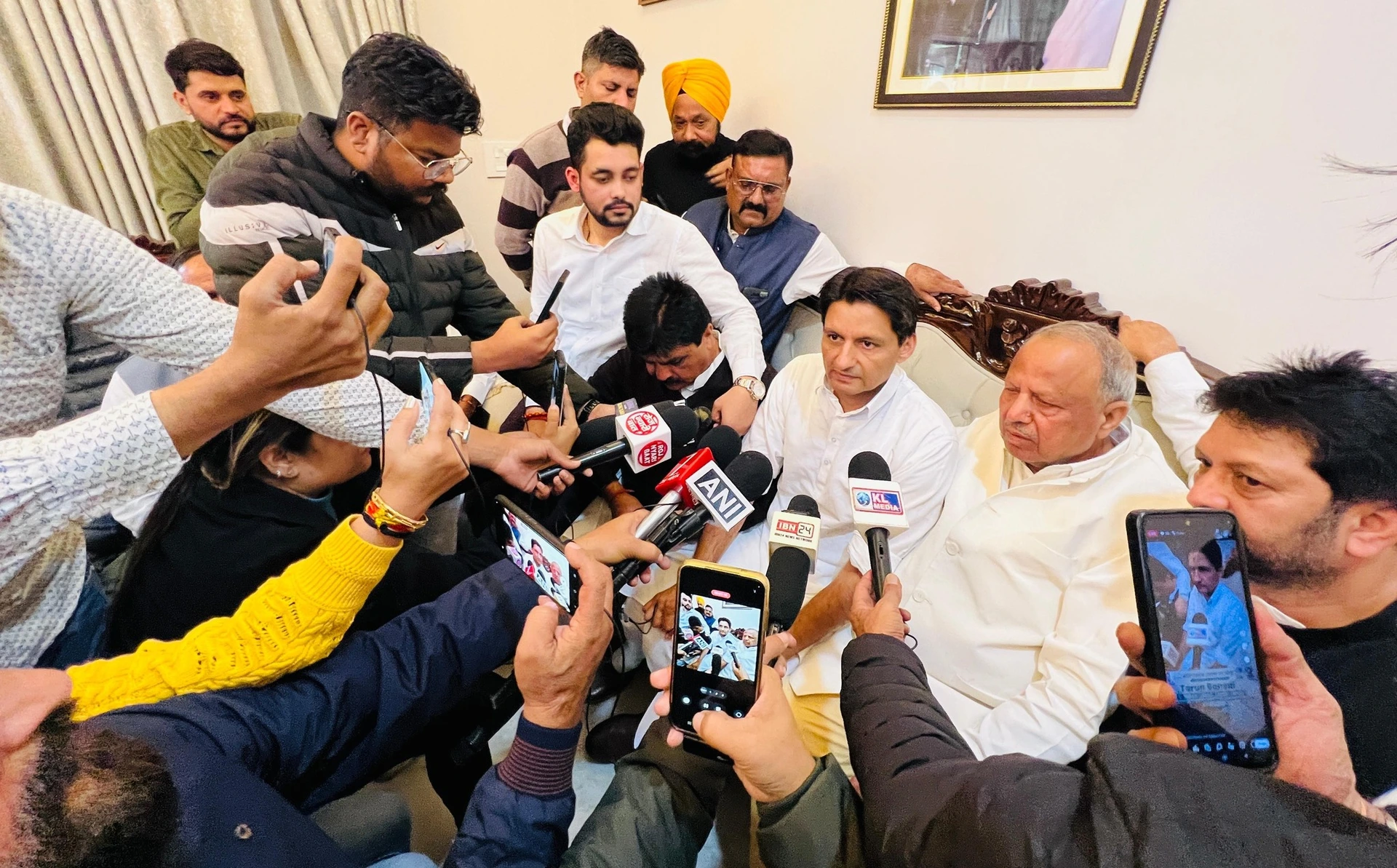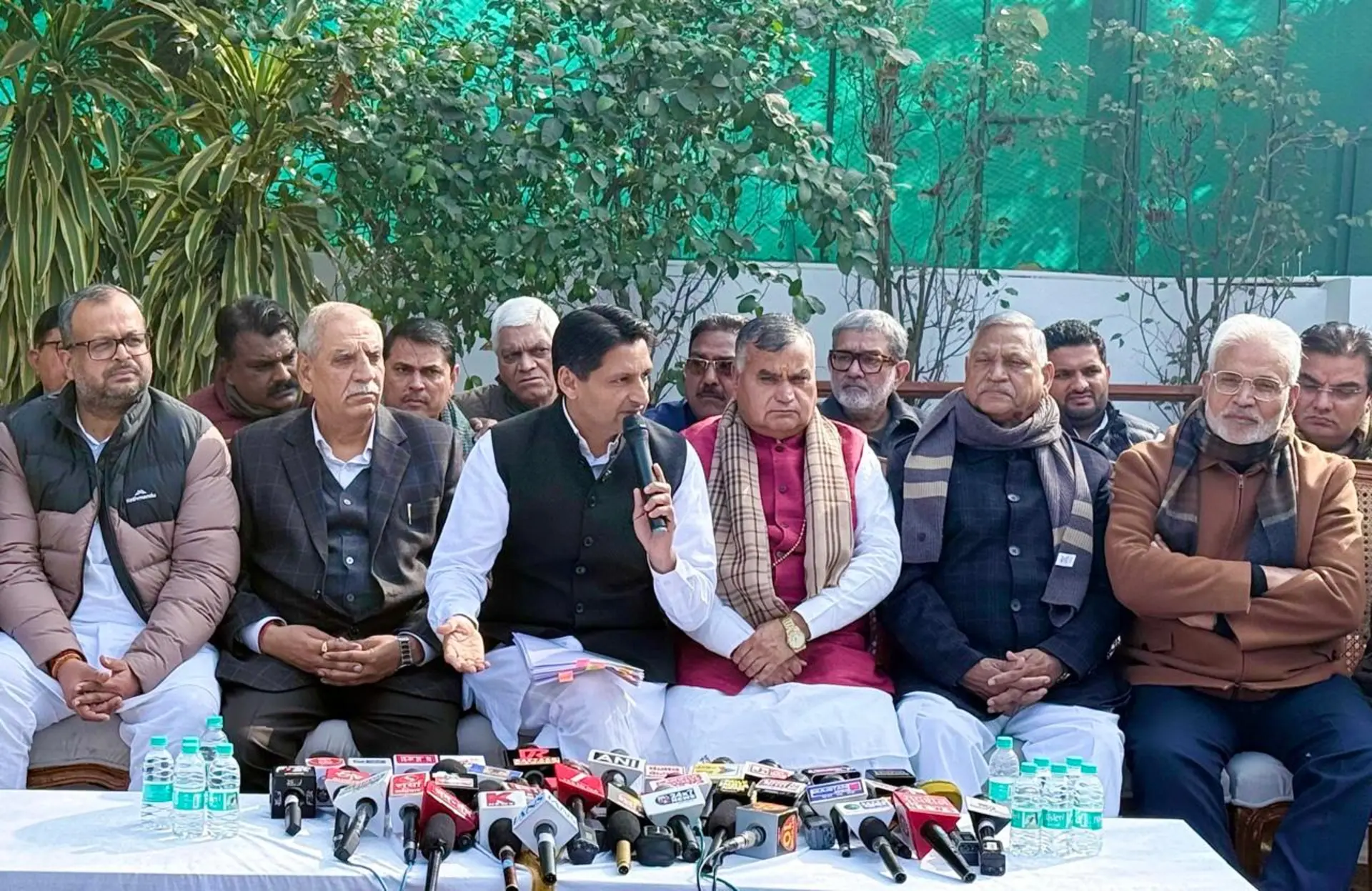
As Haryana gears up for its state assembly elections on October 5, with results slated for October 8, Congress candidates are making headlines with a series of bold campaign promises. From aspirations for deputy chief minister positions to pledges of massive job creation, these statements have intensified the electoral race while also raising concerns about the practicality and ethics of such commitments.
Deputy CM Contenders Emerge
Two Congress leaders have publicly expressed their ambitions for the deputy chief minister's role:
1. Neeraj Sharma, the outgoing MLA from Faridabad NIT, declared during a public meeting in Jawahar Colony, "As long as Bhupinder Hooda is alive, I won't ask for the CM's post," but positioned himself for the deputy CM role.
2. Chiranjeev Rao, son-in-law of former Bihar CM Lalu Prasad Yadav and Congress candidate from Rewari, had earlier staked his claim to the same position. These declarations hint at potential internal jockeying for power within the party, even before the election results are known.
Job Promises: A Numbers Game
Several Congress leaders have turned job creation into a central campaign issue, making sweeping promises:
1. Udaibhan, Haryana Congress Committee President,vowed to provide government jobs to 5,000 youth if the party comes to power.
2. Kuldeep Sharma, candidate from Ganaur, promised 20-25% more than the party's alleged plan of 2 lakh government jobs.
3. Neeraj Sharma made perhaps the most specific pledge, offering one job for every 50 votes received. 4. Shamsher Gogi, candidate from Assandh, spoke of prioritizing jobs for relatives and supporters once in power, raising eyebrows about potential nepotism.
These promises have transformed the campaign landscape, turning employment into a key electoral issue.
Controversy and Ethical Concerns
The bold statements have not escaped criticism. Opposition parties and political analysts have questioned the feasibility of these promises, warning of potential voter disappointment if they remain unfulfilled. Some critics argue that these tactics amount to vote-buying through unrealistic job guarantees.
Moreover, the open discussion of favoritism in job allocation by some candidates has sparked concerns about potential corruption and unfair practices in government recruitment processes. These statements have put the spotlight on the ethical dimensions of campaign promises and their potential impact on governance.
Looking Ahead: Impact on Voters and Election Integrity
As the election approaches, the impact of these promises on voter decisions remains to be seen. While job creation and economic development are crucial issues for many voters, the practicality of these grand promises may face increased scrutiny.
The Election Commission and watchdog organizations are likely to monitor campaign closely to ensure compliance with legal and ethical standards. The coming days will reveal whether these bold claims translate into electoral success for the Congress party or if voters approach such promises with skepticism.



